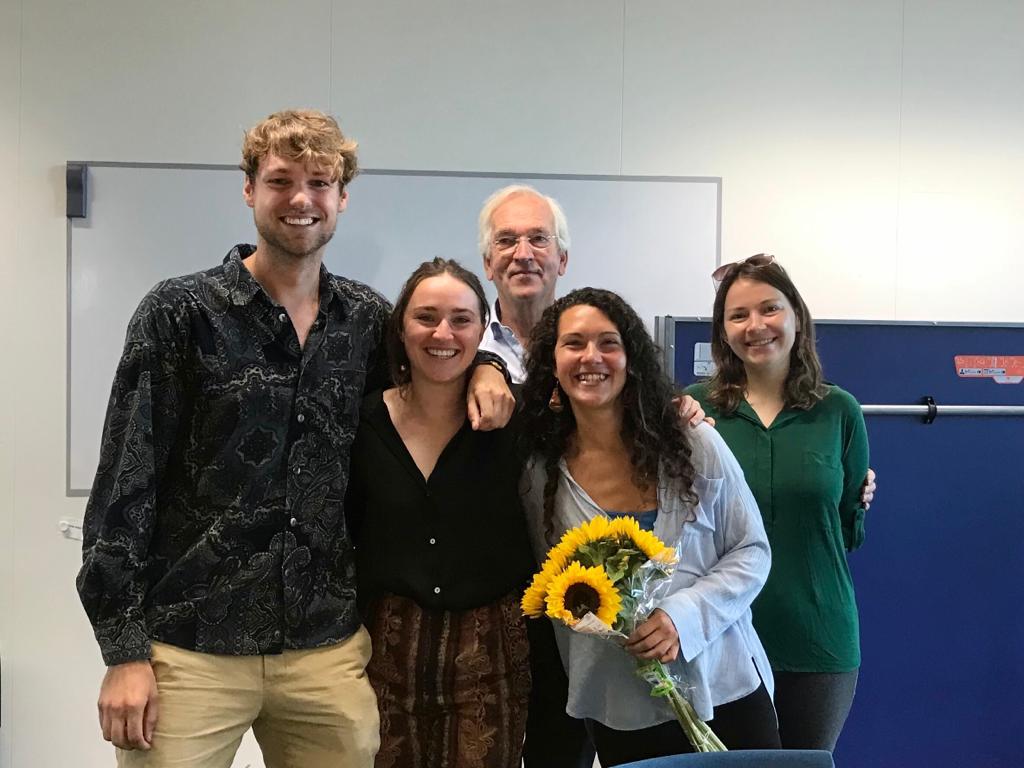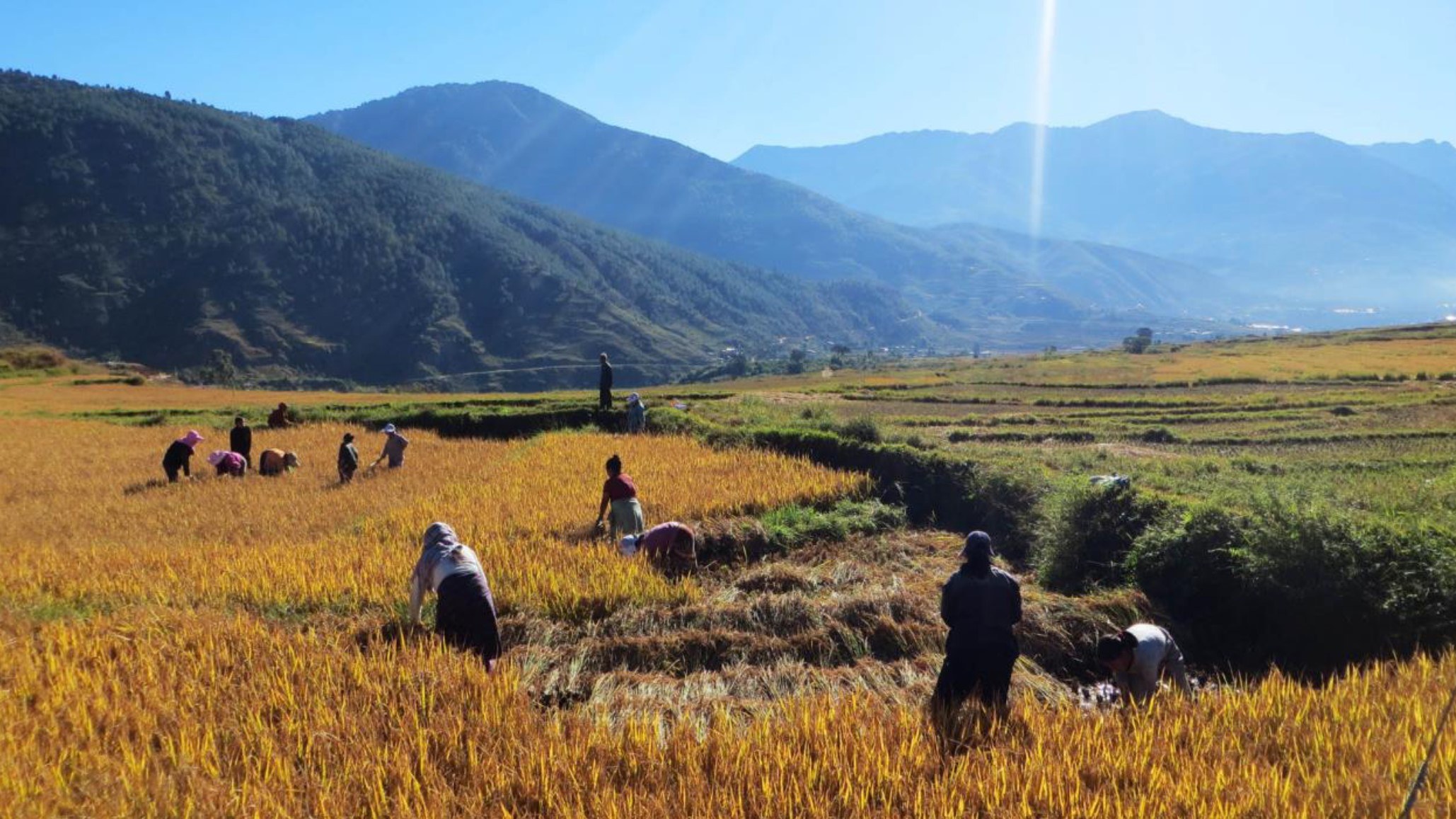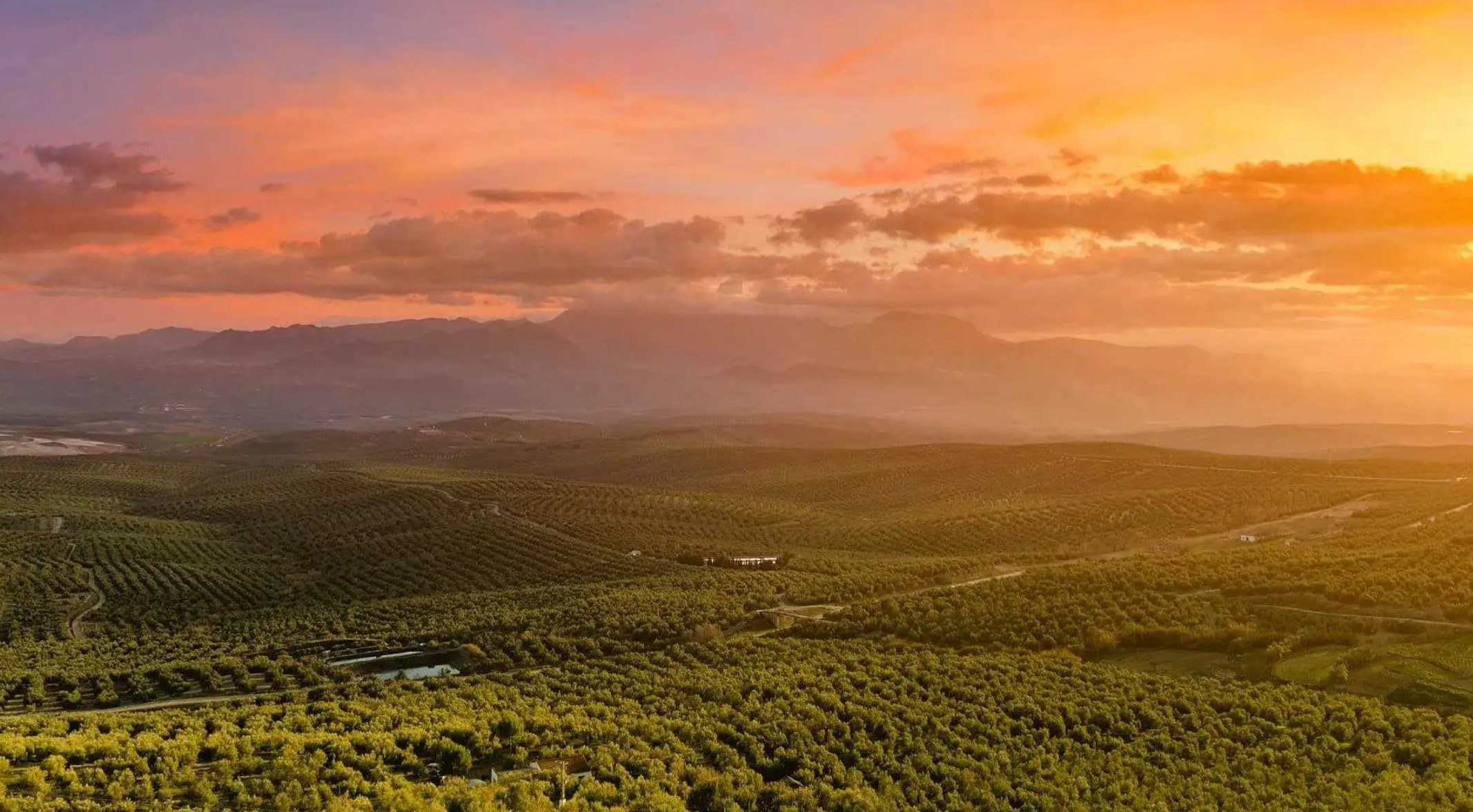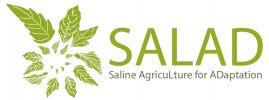General Theses about the future of saline agriculture
Flor and Annabel have finished their research internships with SALAD on the following topics:
- Moving towards a common agenda for sustainable investments in saline agriculture – by Florencia Rodriguez
- Towards a Sustainable Food Future - by Annabel van Holst
-

Moving towards a common agenda for sustainable investments in saline agriculture

A case study of investment opportunities in Egypt and Morocco
Despite the importance of soil salinization, financial support to tackle this issue is presently small and fragmented, and very limited studies have examined potential opportunities for investment. Flor combined a literature review with semi-structured expert interviews with European public and private impact investors, and local stakeholders. Through those methods, Flor aimed to understand the opportunities for sustainable investments in upscaling saline agriculture in Egypt and Morocco, while promoting the development of local communities’ sustainable ecosystems.
Based on a grounded theory framework, three pillars are presented to structure the results of this bottom-up approach: Awareness, Sustainable Strategies and Motivations. In addition to the main opportunities for development of salt tolerant commodity crops and specialty products, the results highlight two opportunity areas: the further enhancement of saline farming initiatives with local livelihoods improvement programs that integrate the SDGs, and the development of sustainable innovative solutions that target CO2 emissions reduction.
This study recommends integrating saline agriculture upscaling strategies with broader international common agendas and holistic sustainable agriculture practices, to contribute to zero hunger and climate change adaptation goals while creating sustainable ecosystems that provide opportunities for development of new initiatives in a positive, inclusive and dynamic feedback loop.
Towards a Sustainable Food Future

Inclusive Scaling Up of Saline Agriculture in European Policy
Research on saline agriculture is an emerging trend in existing literature. However, existing policy has not yet succeeded to adequately consider the inclusive scale-up potential of saline agriculture. Inclusive policy is necessary to mitigate the adverse effects of salinization to food security, adapt to salinization's consequences, and ensure a sustainable scaling up of production on salinized land. In Annabel’s thesis, the key challenges and opportunities for policies related to saline agriculture were identified through policy analysis and backcasting. Elements from the Transformative Innovation Policy Framework were adapted and applied to the possibilities of inclusive policy for saline agriculture. Existing policy initiatives and programs on soil management and land degradation were considered and further data was collected through expert interviews.
The results are divided between visionary and policy-related recommendations for prospective policy making. Based on the input of 17 interviewees, with varying backgrounds and experience in the agricultural sector, policy, academics and public affairs, a policy recommendation is formulated with action items for the present future. The main theme that comes forward from the interviews is the need for a cross-sectoral, inclusive long-term vision when considering policy for saline agriculture.
 saline agriculture
saline agriculture